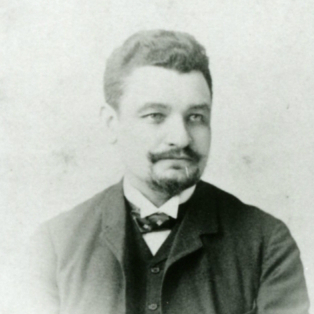Napoléon Roussel: How Not to Preach

Callistus
With his portrait of Callistus, Napoleon Roussel criticises the preacher who sacrifices his simplicity, frankness and the naturalness of his word and thought to the requirements of rhetoric. As he wishes to satisfy the dignity of the pulpit and the excellence of style, Callistus speaks slowly, indulges in solemn movements and makes his voice very ample. He uses rare and abstract words and his thought is shallow. “Your claim to artistry ruins your naturalness!” is Roussel’s cry.
Having said that, Roussel acknowledges that the movements, the voice and the conduct of the speaker have an effect on the audience, even if the discourse itself is devoid of emotion and thought.
“I think that the voice, the movements and the dignity of the speaker alone can move an audience, even when the audience does not understand the discourse very well. However, for this to happen, the inner being has to correspond to the outward action, which has to be the expression of true piety. In order to reach someone from the pulpit, order and logic are not absolutely necessary, but piety is; the discourse then does not consist in thoughts that address the mind, or emotions that touch the heart, but it is a visible and audible manifestation of what happens in the preacher’s soul; it is not a Christian discourse, but Christian music. The emotion reaches the audience via a different path, but this path still indicates the right direction.”
The fact that “the music of the human voice can win and persuade” has its dangers. The speaker who is persuaded by what he says but who is wrong, may lead his audience into error. Worse still: the speaker who builds on feelings that are true as such but which do not really motivate him and which he uses as an opportunity, may persuade his audience. To sum things up: “piety without talent, conviction without truth and truth without conviction, all three may persuade”. Finally, when the sermon is based on neither conviction nor truth, the preacher harms himself by carrying out a pernicious task that will only bring God’s wrath on him.
Back to chapter 4 (Placid) - Go to chapter 6 (Procop)
Back to the index |
|
|